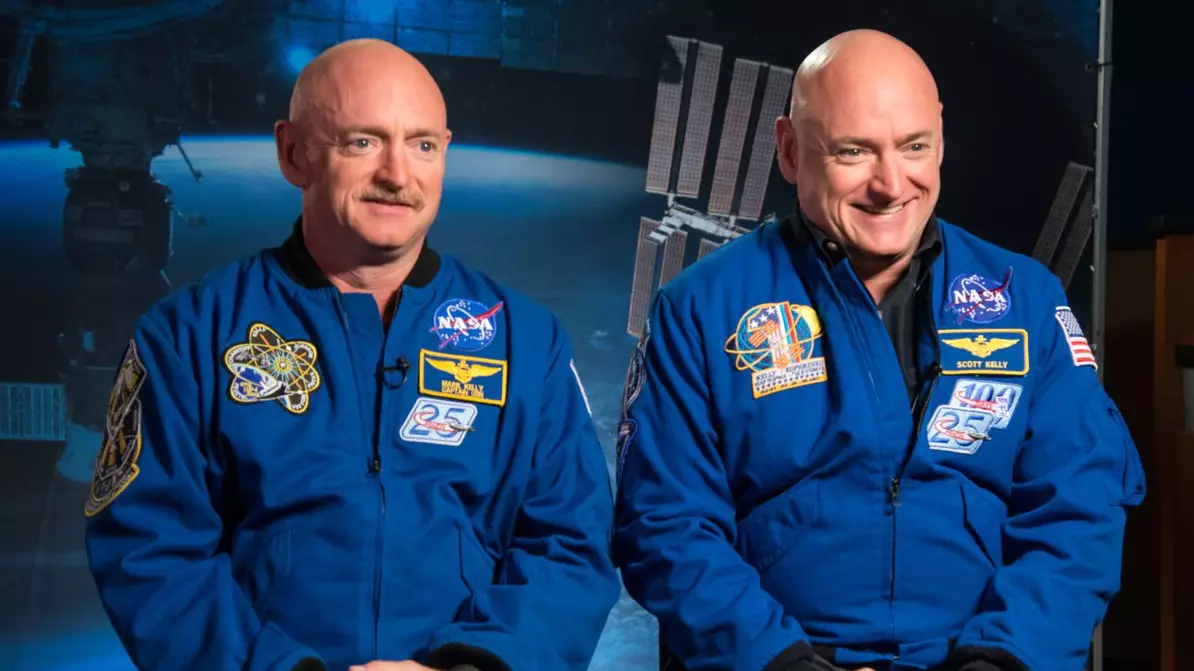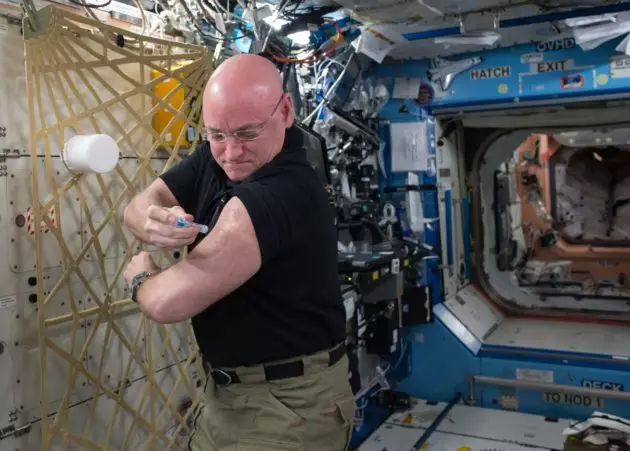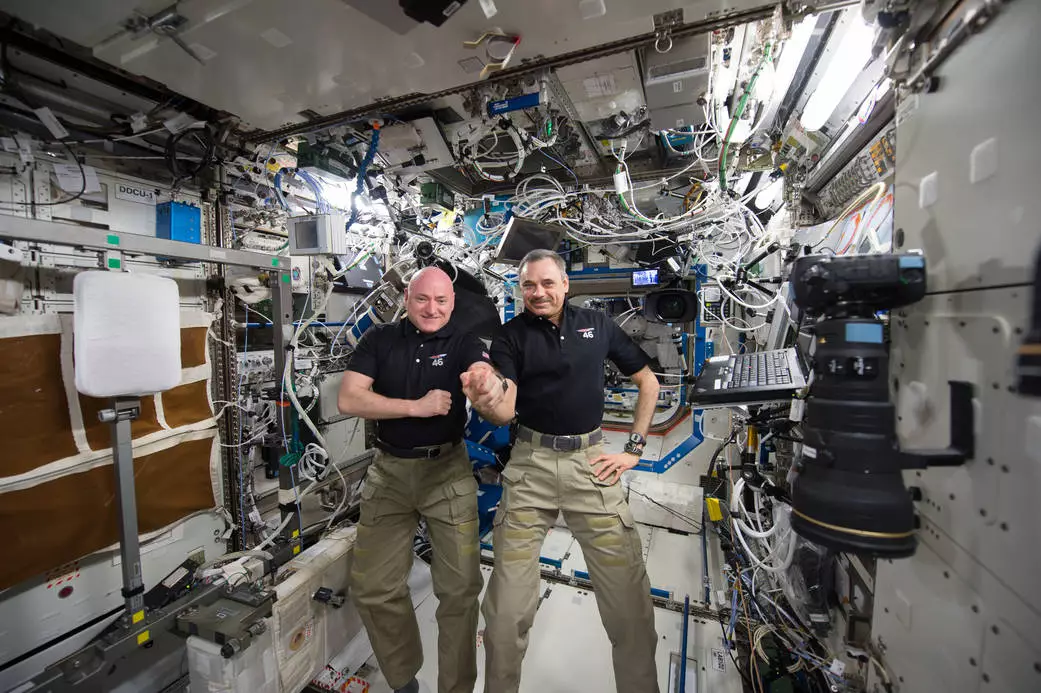
Twins present scientists with a unique opportunity to study the importance of environmental and genetic influences for certain traits, behaviours and disorders.
Which is why astronaut Scott Kelly and his earthbound identical twin Mark are so important to NASA - over the years, the space agency has carried out extensive medical tests on both of them in an attempt to better understand the effects that space travel has on the human body.

Although it's been three years since Scott returned from a year in space, researchers continue to analyse ongoing examinations between the pair and have found that the year-long excursion put the astronaut's immune system on high alert compared to his twin.
Advert
While these findings are described as 'yellow flags', they certainly raise questions and add to the ongoing data gathered by NASA as they aim to send people to Mars.
The fact that Scott's immune system was hyper-activated was announced at Friday's annual meeting of the American Association for the Advancement of Science.
Geneticist Christopher Mason - who helped lead the study - said: "It's as if the body is reacting to this alien environment sort of like you would a mysterious organism being inside you."
Mason added that there was also a heightened rate of DNA repair in Scott's genes and higher levels of mitochondria in his blood.
Right now they're unsure whether this is a good or bad thing. "It could be a good, adaptive response to spaceflight, with no permanent consequences, because you'd expect the body to make some adjustments," explained Craig Kundrot, director of NASA's Space Life and Physical Sciences Research and Applications Division.
Advert
"Or it could be sending things down a path that would be a concern. We just don't know yet."
He went on to state that on the whole, the study's been encouraging. "It's mostly green flags, and maybe a handful of things that are roughly like yellow flags, things just to keep an eye on."
Either way, it's hardly surprising Scott's biological functions would differ to his twin, with whom he shares the exact same genes. After all, the dude spent a whopping 340 days in space, setting a US record, and it's been known that zero gravity can cause all sorts of issues such as the loss of muscle and bone mass.

"You have the radiation," added Kundrot. "You have an altered atmospheric environment - there's higher CO2 levels on board. You have maybe more stress associated with the event. From a cognitive perspective, you're in a very limited environment, the size of a house... There are a multitude of things."
Advert
These must all be taken into consideration as NASA gears up to prepare for the long haul mission to the Red Planet.
Although full details of the findings have not yet been published, they will come out in a series of papers in the near future if you'd like to delve into this topic more. In the meantime, check out what happened to NASA's Opportunity rover, the third robotic explorer to land on Mars.Featured Image Credit: NASATopics: Science, US News, Nasa, Technology, space